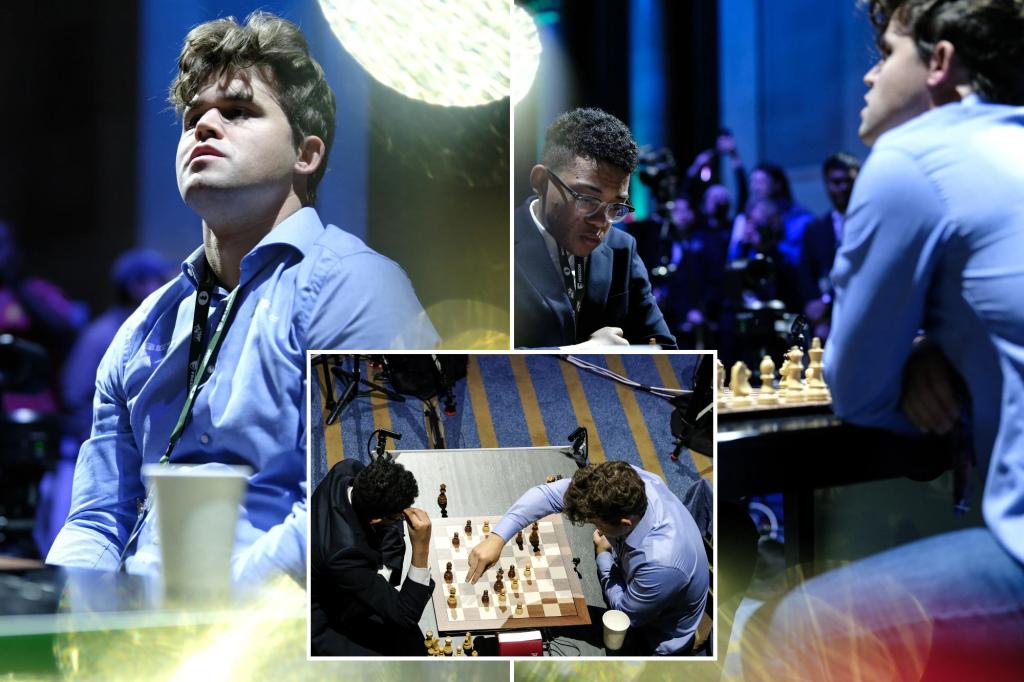Top-ranked chess player Magnus Carlsen was involved in a dispute regarding the dress code at a tournament, which resulted in his being fined and denied the opportunity to play a late-round game. International Chess Federation President Arkady Dvorkovich acknowledged the need for a reevaluation of the dress code, permitting “appropriate jeans” and “elegant minor deviations.” Carlsen’s refusal to comply with the dress code led to discussions about this matter in order to ensure that chess remains a global and accessible sport.
Despite the confrontation concerning the dress code, Carlsen confirmed in a video posted on social media that he would participate in the World Blitz Championship and wear jeans. He expressed disappointment in the handling of the situation by tournament officials but highlighted his love for playing the fast-paced form of chess. Carlsen emphasized the importance of player comfort and presentability, aiming to bring fans the opportunity to watch him play in the championship. His discussions with the chess federation led to optimistic prospects for the upcoming event.
The controversy with Carlsen began when he wore jeans and a sportcoat to the Rapid World Championship, contravening the dress code rules. The chess federation stated that jeans were prohibited at the tournament, and players were expected to make quick changes if needed. Carlsen was fined $200 for his attire and refused to comply with the request to change his pants, resulting in his being excluded from a ninth-round game. Another player was fined earlier in the day for wearing sports shoes and changed them to continue playing.
Carlsen maintained that he offered to wear different clothing the next day, but officials were firm in their decision, leading him to quit the rapid and blitz championships. His refusal was based on the principle of not wanting to interrupt his concentration between games unnecessarily. In the video posted on Sunday, he defended his actions and expressed his belief that the punishment he received was excessively severe. Carlsen stood by his decision to defy the dress code and questioned whether he had indeed broken any official rules.
The congress over Carlsen’s attire brought attention to the rigidity of the dress code rules in chess tournaments and the need to adapt them to reflect the evolving nature of the sport as a global and accessible activity. While Carlsen was subject to penalties for his choice of attire, his actions sparked a conversation about player comfort and the possible changes needed in the regulations. Despite the initial conflict, Carlsen’s decision to play in the World Blitz Championship wearing jeans signified a resolution to the dispute, with a focus on ensuring that all players are comfortable and presentable during competitions. The outcome of this incident led to a reevaluation of the dress code to accommodate minor deviations such as “appropriate jeans” and jackets in future chess tournaments.














